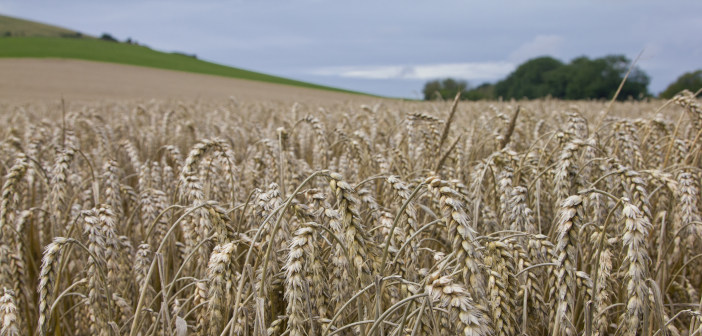RAGT and Bayer have entered an exclusive collaboration to jointly develop new hybrid wheat varieties, meeting the evolving needs of European farmers. The two companies will pool their strengths by combining leading soft wheat genetics with access to the latest breeding methodologies, high-performing seed production systems and digital solutions.
Wheat remains the most widely grown food crop in the world, with more than 25 million hectares grown across Europe and the UK alone. It provides around 20% of the proteins consumed in the world and hybrid varieties are being developed to help increase yield and the robustness of the crop to meet the expected demand in food consumption.
“Hybrid wheat offers farmers the opportunity to meet the challenges of climate change while achieving higher productivity in sustainable cropping systems,” said Bob Reiter, head of research and development at the Crop Science division of Bayer. “We are delighted to partner with RAGT to bring wheat farmers new solutions that support their efforts to produce a quality wheat crop.”
Bruno Tremblay, regional head of Europe, Middle East and Africa for the Bayer Crop Science division confirms: “Our agreement with RAGT kicks off another exciting collaboration of two historical partners with the complimentary innovation and digital capabilities needed to unlock the potential of the agronomic performance in wheat. Together, we will bring an industry-leading hybrid wheat production system to our growers in Europe. This will also contribute to a more self-sufficient European food and feed production system.”
Laurent Guerreiro, general manager of RAGT Semences, also sees this collaboration as a turning point for farmers: “RAGT has continuously pursued a sustainable agriculture approach. This agreement, which aims to provide improved wheat and new cultivation practices, will enable us to support farmers even better. We are in line with the needs of an evolving agriculture. These innovations will enable meeting the needs of different types of agriculture: Concretely, by associating parent crops that each have innovative characteristics, we will be able to offer farmers wheat varieties that address the main problems farmers face in any of their fields,” says Laurent Guerreiro.


